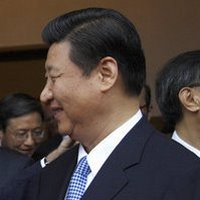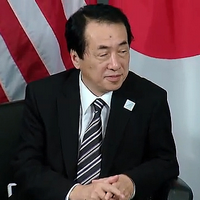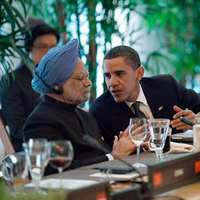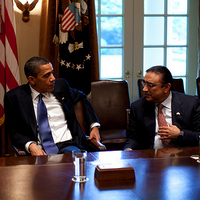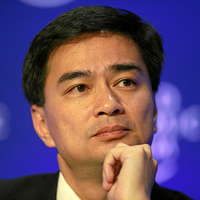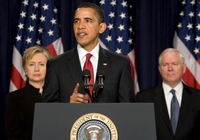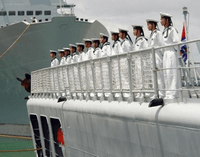
PHNOM PENH, Cambodia — A U.N.-backed court in Cambodia has begun its initial hearings into war crimes allegations with mixed success and predictions of a long and bumpy road ahead for a tribunal described by legal experts as more complex than the Nuremberg trials held immediately after World War II. Its importance was underscored by the United States ambassador at large for war crime issues, Stephen Rapp, who called the Khmer Rouge tribunal “the most important trial in the world.” Rapp, in Phnom Penh for the start of the proceedings, drew parallels between the Khmer Rouge tribunal and the trials […]

